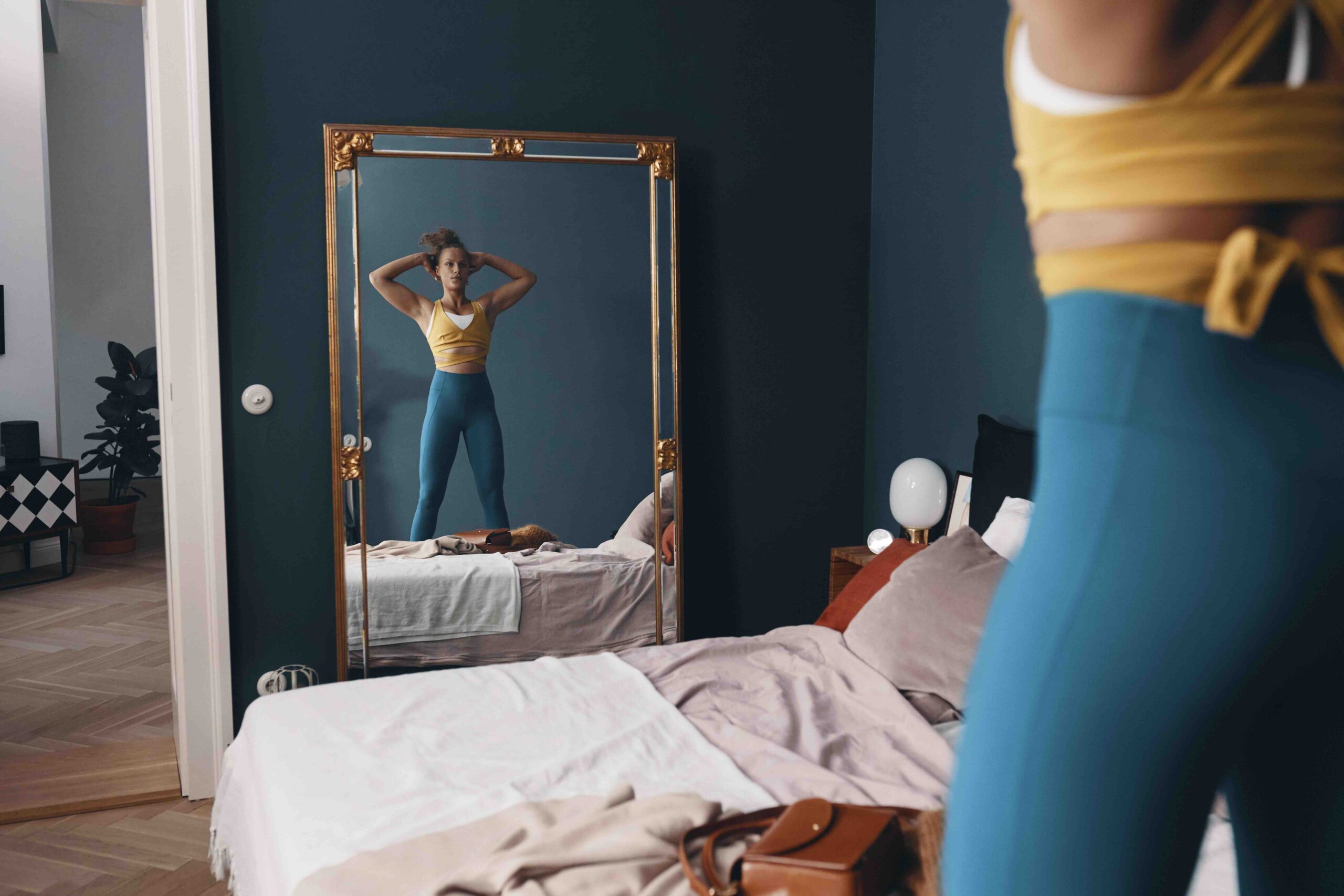If you’re one of those people that struggles to fall asleep, or wakes up often in the night and then struggles to get fall asleep again, there are some simple lifestyle changes you can make to get a better night’s sleep:
- Food and nutrition:
Certain foods will always be more beneficial than others for sleep. It is best to avoid foods high in carbohydrates and fats such as bread, crisps or potatoes, especially later in the day. In terms of foods to aim for, there are a range of vitamins and nutrients that help the body prepare for sleep.
For example, the nutrient L-theanine can promote relaxation, sleep, and mood due to its relationship with neurotransmitters in the brain, which can be found in green tea and some mushrooms.
Another great tip for a good night’s sleep is to aim to eat your main meal earlier in the evening. Eating pushes up the body’s core temperature and this can disrupt sleep, so it is best to eat your evening meal at least four hours before bed.
- Blue light and technology:
Phones, TVs, and laptops emit blue light, which can reduce the melatonin levels in your body.
The reason this is so important is that melatonin is a chemical that controls your sleep/wake cycle, and when your melatonin levels dip, it can be more difficult to fall asleep.
Switching off from technology at least an hour before going to sleep is a huge factor in promoting high-energy levels for the next morning and good-quality sleep.
- Exercise:
There is evidence that frequent exercise can provide excellent sleep benefits. Physical activity improves sleep quality and can increase the overall amount of time spent asleep.
The recommended amount of exercise is 150 minutes a week, but even 15-minutes a day can relieve your mind and body of stress and improve your quality of sleep.
If you’re not sure where to start when it comes to exercise, easy-to-use apps like Freeletics have personalised exercise plans that are suitable for all ages and fitness levels and can be done from the comfort of your own home.
Freeletics also includes a number of mindset audio courses which can help with sleep, such as ‘Optimism before bed’ and ‘Muscle relaxation for sleep’ courses that promote relaxation, release tension and anxiety before bed.
- Sleep schedule:
The recommended amount of sleep for an adult is 7-8 hours but making sure the time you have scheduled is actually spent sleeping can be harder that it sounds.
If you are one of those people who will sit in bed for hours before you actually fall asleep, try creating a sleep schedule that means you go to bed at the same time every night.
While this isn’t always possible, aim to limit the difference in your sleep schedule by around an hour, that way your body will get into a routine, and it consistently reinforces your body’s sleep-wake cycle.
- Learn to stretch before bed:
To get a good night’s sleep, you should start stretching before you go to bed. This should be something you do every single night as it will help relax your body before bed and prepare your body for sleep.
Regular stretching can also pay dividends when it comes to your fitness routine too, helping your body become more flexible and also aiding the recovery of your muscles.
- Good sleep environment:
For you to ensure a good night’s sleep, your bedroom should be a relaxing environment.
For most people this means your bedroom should be dark, quiet, and cool. If it is not, consider investing in earplugs, an eye mask, or a quiet fan.
